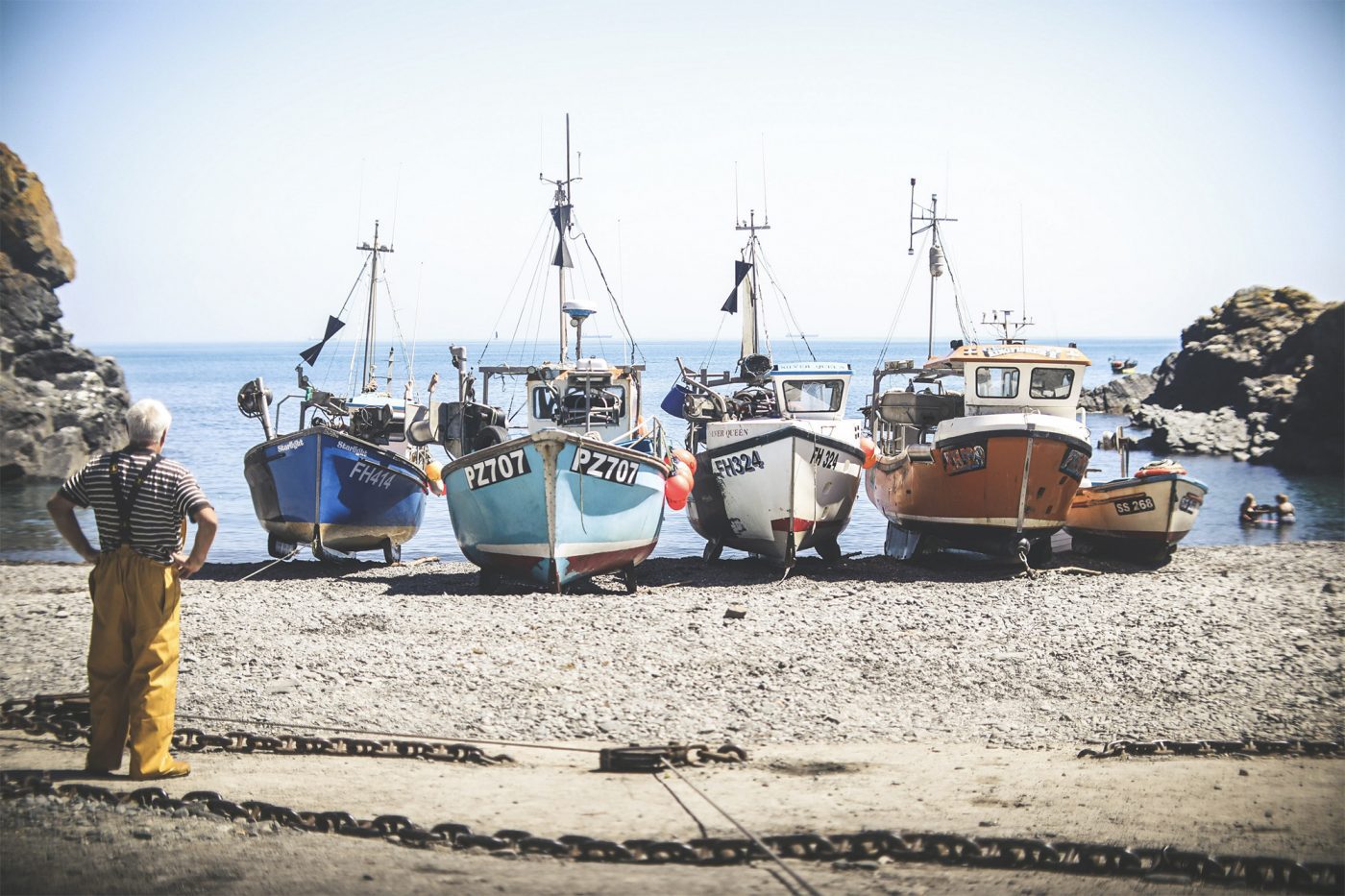4 January 2011
At a recent meeting with the Lori Evans, Director General of DG Mare, the Commission’s fisheries directorate, the NW Waters RAC spelt out what it would like to see under a regionalised Common Fisheries Policy
. The time is approaching when the Commission will formulate its proposals and it has already made clear that regionalisation, in some form or another, is on the agenda. The RAC’s intervention is very timely and is therefore reproduced below in full.
North West Waters RAC
What do we want from Regional management? Note for discussions with Director General Lori Evans on Thursday 2nd December 2010
Director General,
You are aware that we have argued, in our response to the CFP consultation, for a radical decentralisation of the CFP.
We see this as the way out of blunt and ineffective measures and away from over-complexity and micromanagement. It would involve a move towards regional management and a transfer of responsibilities to stakeholders and in particular the fishing industry.
Regional Management
We recently held a meeting in Dublin to progress our thinking on what management with a strong regional dimension might look like. We were assisted by experts such as Prof. Long of Galway University who kept us right on the legal issues.
We are quite clear that the broad strategic decisions should remain with the European institutions. However, areas such as technical measures, discard reduction, long term management plans, even setting TAC levels would best be done at regional level.
We are aware that this is sensitive legal territory but from our point of view, the key participants in any form of regional grouping would be:
- The member states which hold fishing entitlements in a particular sea basin, along with
- Fisheries scientists
- Key stakeholders.
Rather than get bogged down in complex arguments over whether the regional management body will have formal or informal status, or what provision should be made to fast-track regional recommendations through the legislative system (without of course undermining the Commission’s exclusive right of initiative), we decided instead to concentrate instead on what we would want regional management to do.
And in this we have made some progress. We would want the Regional bodies, however constituted, to:
- Develop customised solutions that would deliver more effective fisheries management, and help to achieve Maximum Sustainable Yield (accepting the limitations of that concept in mixed fisheries)
- Oversee a move away from prescriptive micro-management
- As part of that process, to achieve simplification of the CFP
- To move to responsive and adaptive management that would allow us to move rapidly away from failed measures and trial new approaches
- To make decisions made at the lowest practicable level
- Progressively develop delegated authority as a means of transferring responsibilities to the fishing industry, within a framework of guarantees and safeguards
- Oversee the preparation, coordination development and approval of long term management plans, working closely with the RACs
- Maintain a close, continuous, dialogue and engagement with the RACs
- Select and refine management measures from the fisheries management “toolbox” to fit the circumstances
- Manage trans-boundary issues
- Work to ensure an alignment of economic incentives with management objectives so as to avoid perverse outcomes
- Develop a results focused management rather that a “legislate and hope it will work” approach
- Provide a forum bringing fisheries managers from the relevant member states, fisheries scientists and fisheries stakeholders into close and continuous contact to provide recommendations on the content of legislative proposals
- Improve the information base on which management decisions and recommendations are made
Sustainable Fishing Plans
We have also included in our CFP response the concept of sustainable fishing plans. We envisage this will be the delivery mechanism for a simplification of the CFP, a transfer of responsibility to those in the fishery and the basis for grass roots collaboration between scientists and fishermen.
Regional Advisory Councils
RACs have proven their worth. They vary in size, composition and approach but it is clear that the work they do is important. This is not to say that RACs couldn’t be improved. The quality of RAC advice is heavily circumscribed by:
- The size and complexity of the fisheries in the RAC area
- The resources available to do the necessary research and preparatory work
- The extent to which the RAC engages with fisheries scientists.
At the very least we would like to see progress on these fronts in CFP reform. Within a regionalised CFP RACs would become more rather than less important, even if it is decided that RACs are not to be transformed into regional management bodies. The level of dialogue and engagement between regional management bodies and the RACs could be expected to be much richer and productive than the current relationship between the RACs and the Commission, which simply does not have the capacity to cope with the quantum of advice from all the RACs. There would be a better prospect of a genuine dialogue rather than the parallel monologues that we currently experience.
Sam Lambourn Chairman
North West Waters RAC

